Transforming Carbon Markets With Senken on Polygon

Removal of unavoidable emissions using carbon credits is fundamental to a net-zero strategy. But the current system of carbon offsets is flawed, and the quality of carbon credits is suboptimal, undermining climate-positive actions globally. Senken is trying to fix this and make the voluntary carbon markets more accessible by leveraging cutting-edge blockchain solutions.
Senken is building the world’s first and largest decentralized carbon credit marketplace for transparent and auditable climate action on Polygon’s carbon-negative network. Senken’s on-chain carbon market holds out the promise of being fully transparent with dramatically low costs, making it easy for anyone with a phone and an internet connection to access verified climate projects and manage carbon credits effectively.
[Read more: Going Green 101: Carbon Markets Demystified]
Voluntary carbon markets have boomed in recent years as the growing concern around climate change has prompted more businesses to adopt a net zero emissions policy. But even as the demand grew, the offset practices have remained complicated, plagued with systemic flaws: it’s hard to access, too many intermediaries charging high fees, a lack of independent ratings makes it difficult to assess a project’s quality, and distorted price signals due to closed-door transactions.
Blockchain-native projects like Senken and other innovative Web3 climate initiatives like Reneum, Coorest, and KlimaDAO aim to solve many of these problems by providing an alternative to traditional markets.
[Read more: How Polygon is Helping Reforest the Indian Subcontinent]
Senken is home to more than 100 high-quality climate projects focused on carbon removal in Asia, Africa, and Latin America, providing a plethora of options for offseters to pick and choose from. Each project fulfills one of the 17 Sustainable Development Goals (SDG) defined by the UN, making it easy for enterprises to target and prioritize their offset strategy.

In the past, suboptimal climate projects have raised questions about the effectiveness of carbon credits and carbon offsets in mitigating climate impact. But fortunately, global standards, e.g., VCMI and ICVCM, are emerging to help define what does and does not constitute good offsetting. In addition, new technologies such as satellite imagery and remote sensors make developing carbon ratings based on data easier.
Senken incorporates these guidelines and has deployed independent carbon credit rating agency BeZero to assess and verify all its projects. Ratings of each project are displayed based on the likelihood of the credit issued achieving one tonne of CO2e avoidance or removal, thereby increasing transparency and ensuring the trustfulness of carbon credits.

“Senken’s marketplace for carbon credits is truly disruptive, it brings end-to-end accountability in just a few clicks,” said Stefan Renton, Sustainability Lead at Polygon. “We’re beginning to see the emergence of the future in sustainability solutions -- a future where climate projects powered by blockchains will play a key role.”
Polygon’s own journey towards sustainability has accelerated after Ethereum’s shift to Proof of Stake consensus, known as the Merge. Polygon is now going beyond carbon negativity as initially committed to helping other Web3 projects and businesses to achieve the same.
[Read more: Going Beyond the Green Manifesto: Our New Impact Commitment]
Learn more about Polygon’s sustainability efforts here and tune into our blog for the latest from our ecosystem.
Website | Twitter | Ecosystem Twitter | Developer Twitter | Studios Twitter | Telegram | Reddit | Discord | Instagram | Facebook | LinkedIn



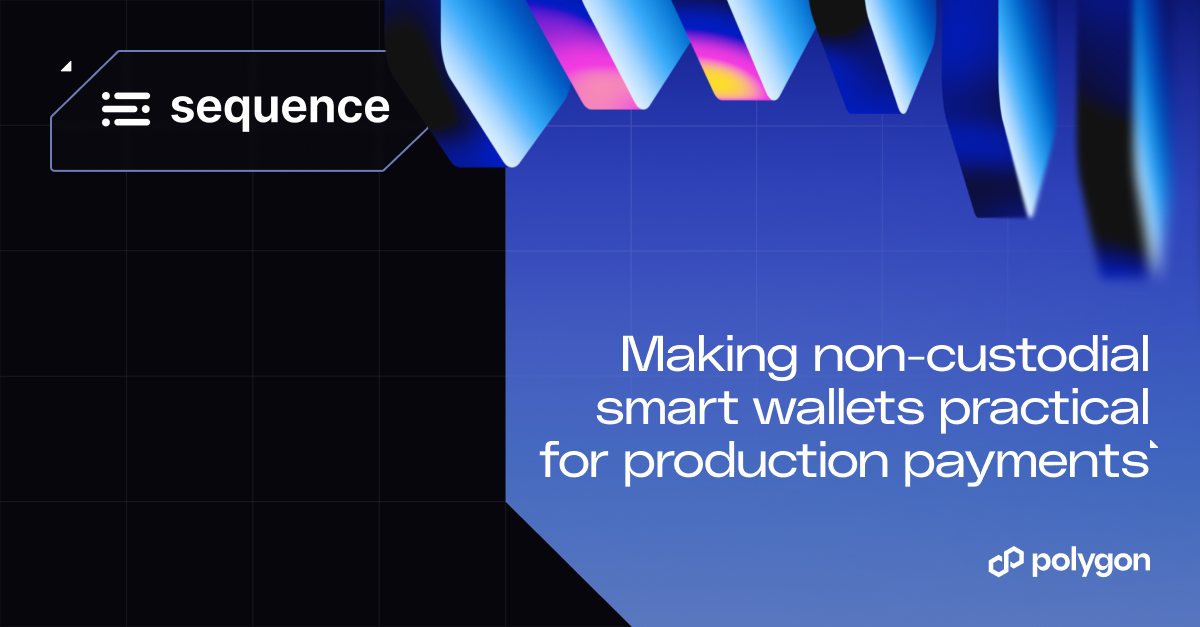


.jpg)
.jpg)
.png)

.png)

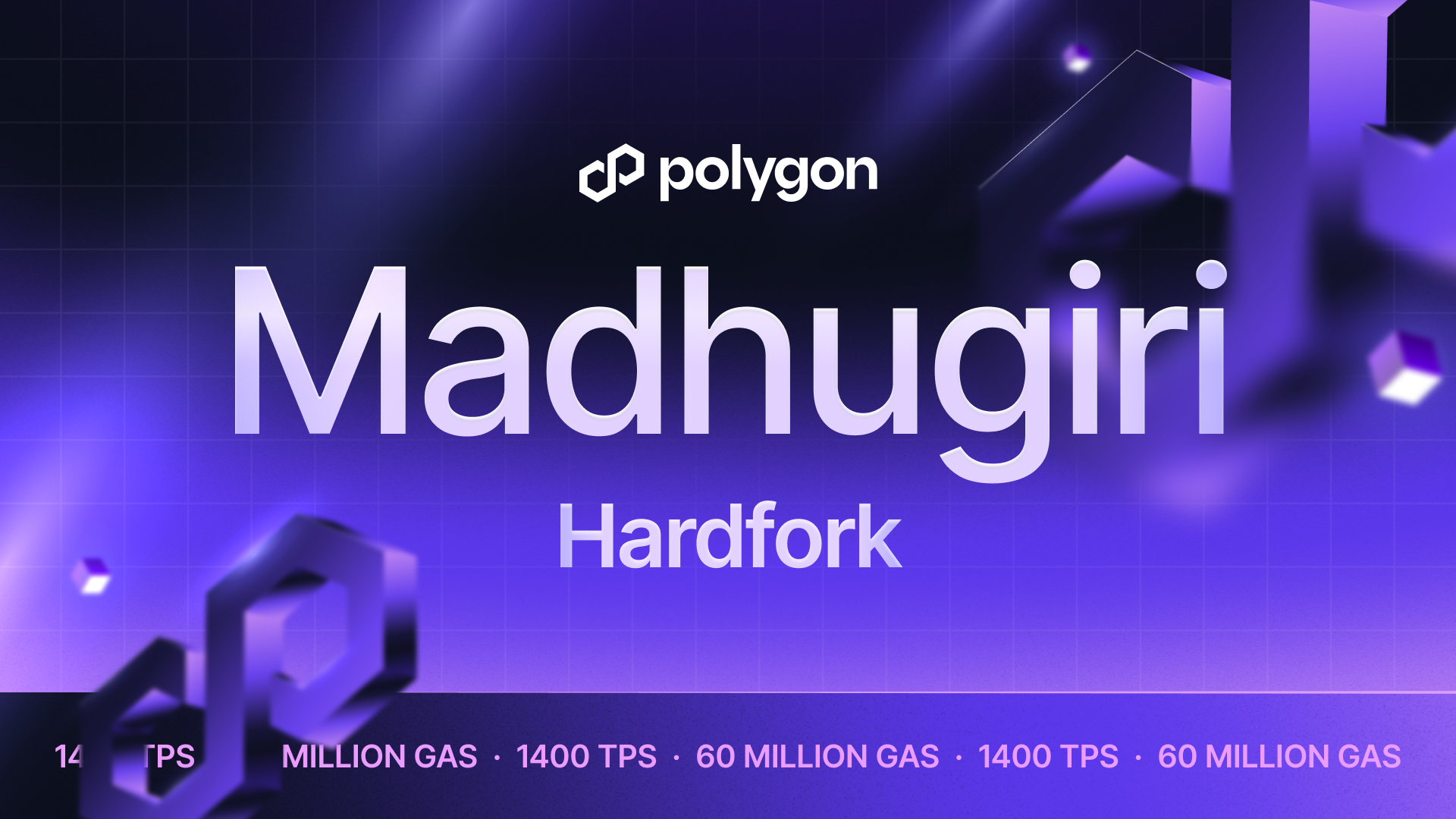
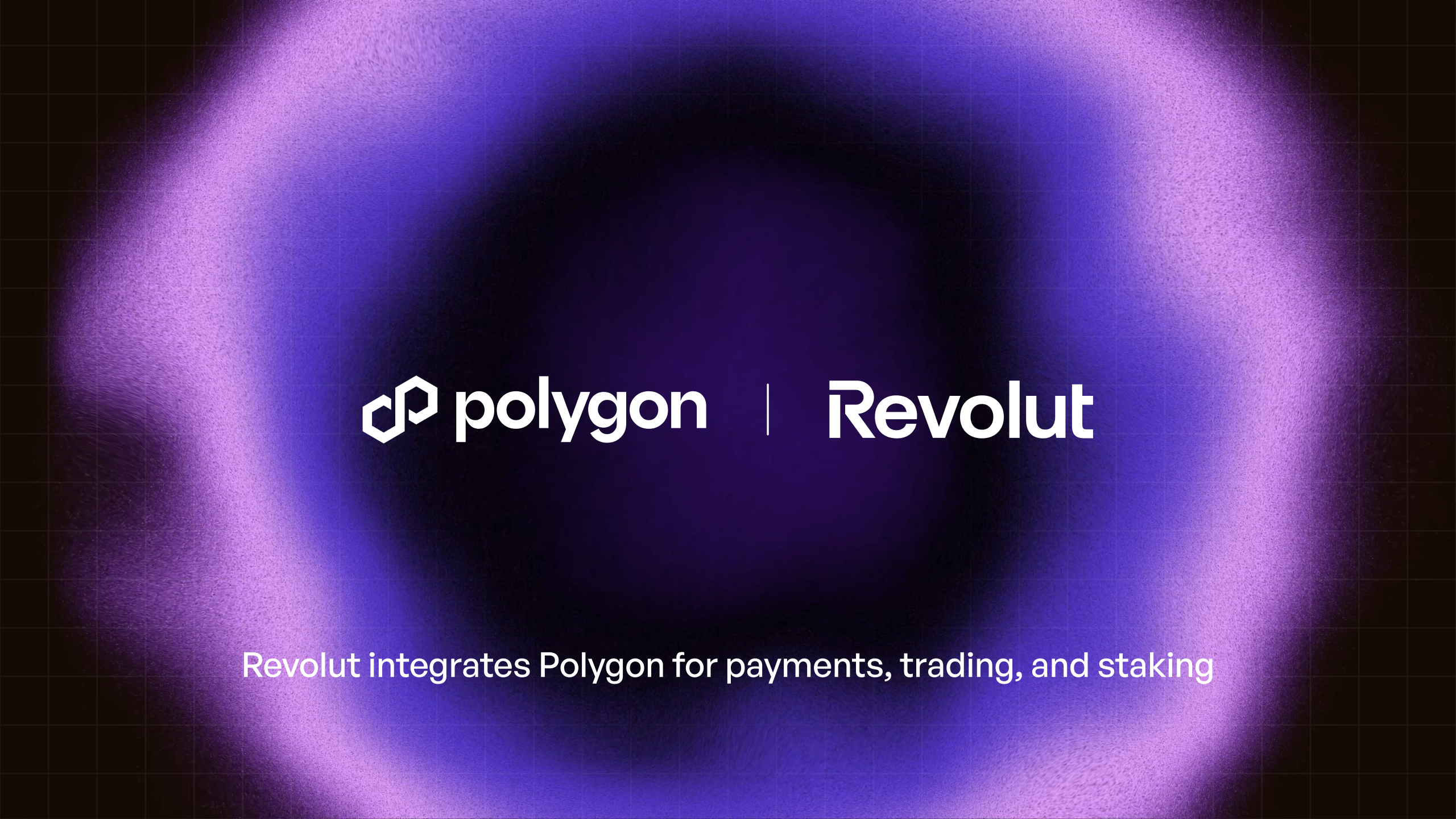
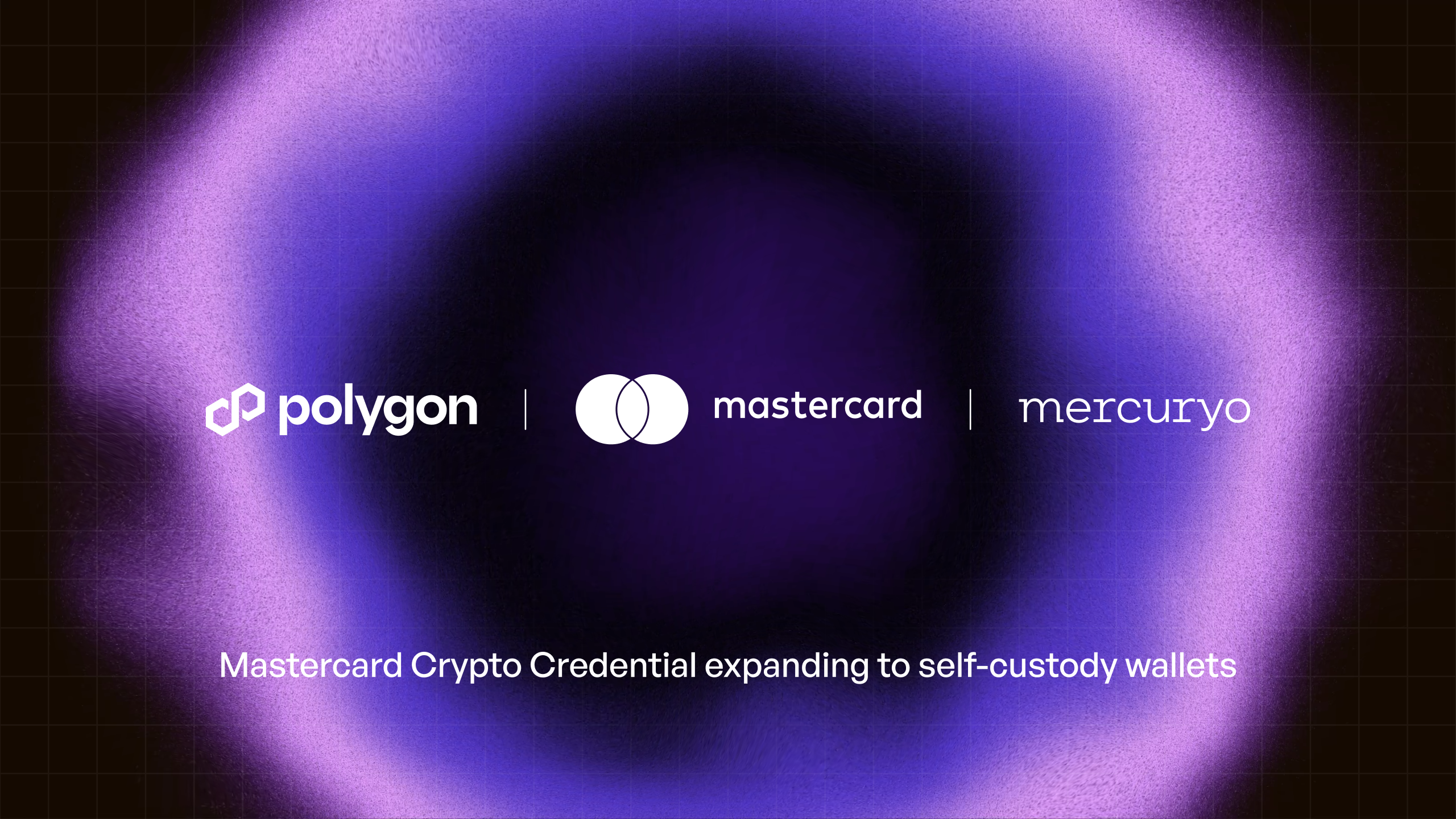
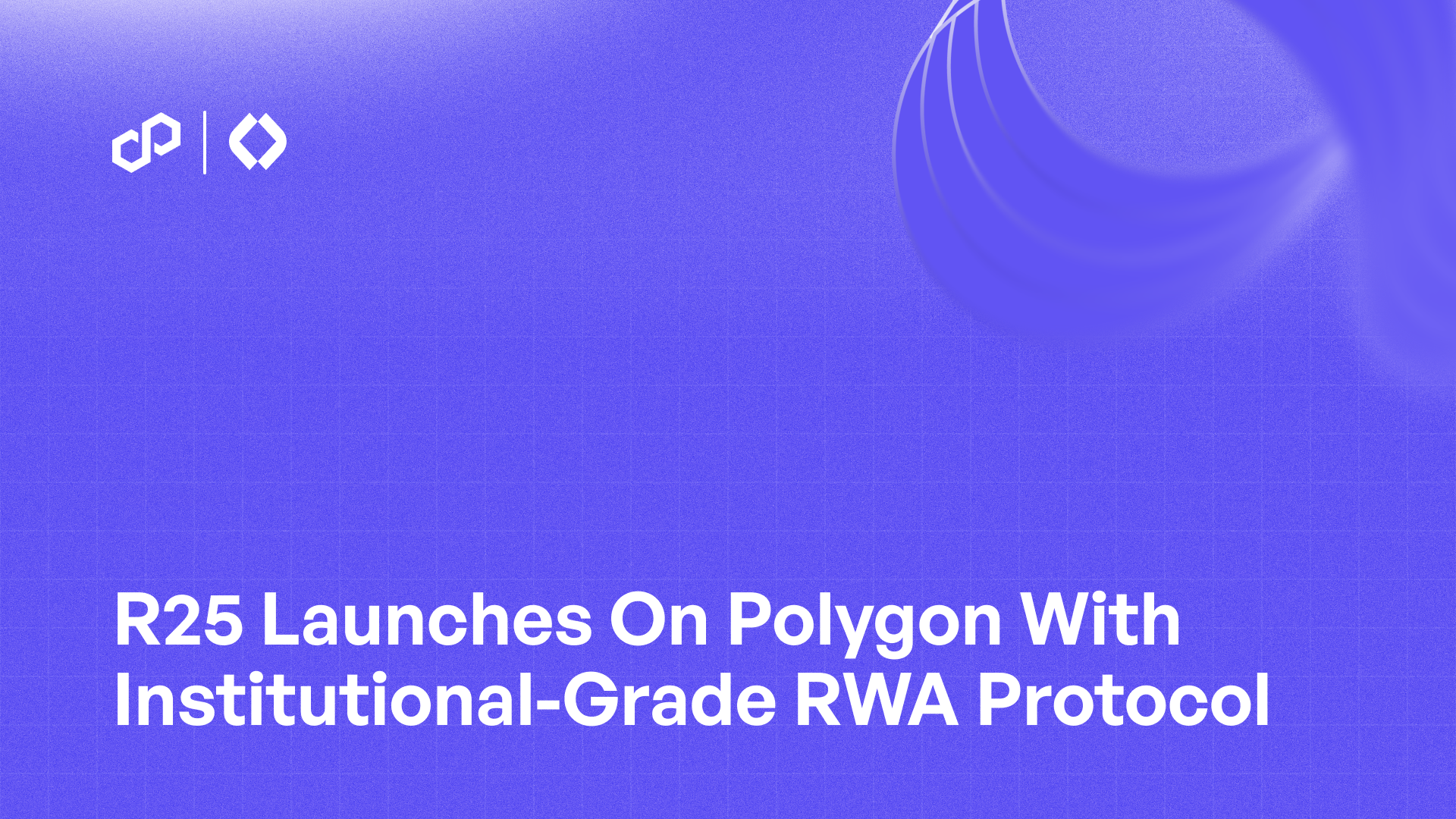
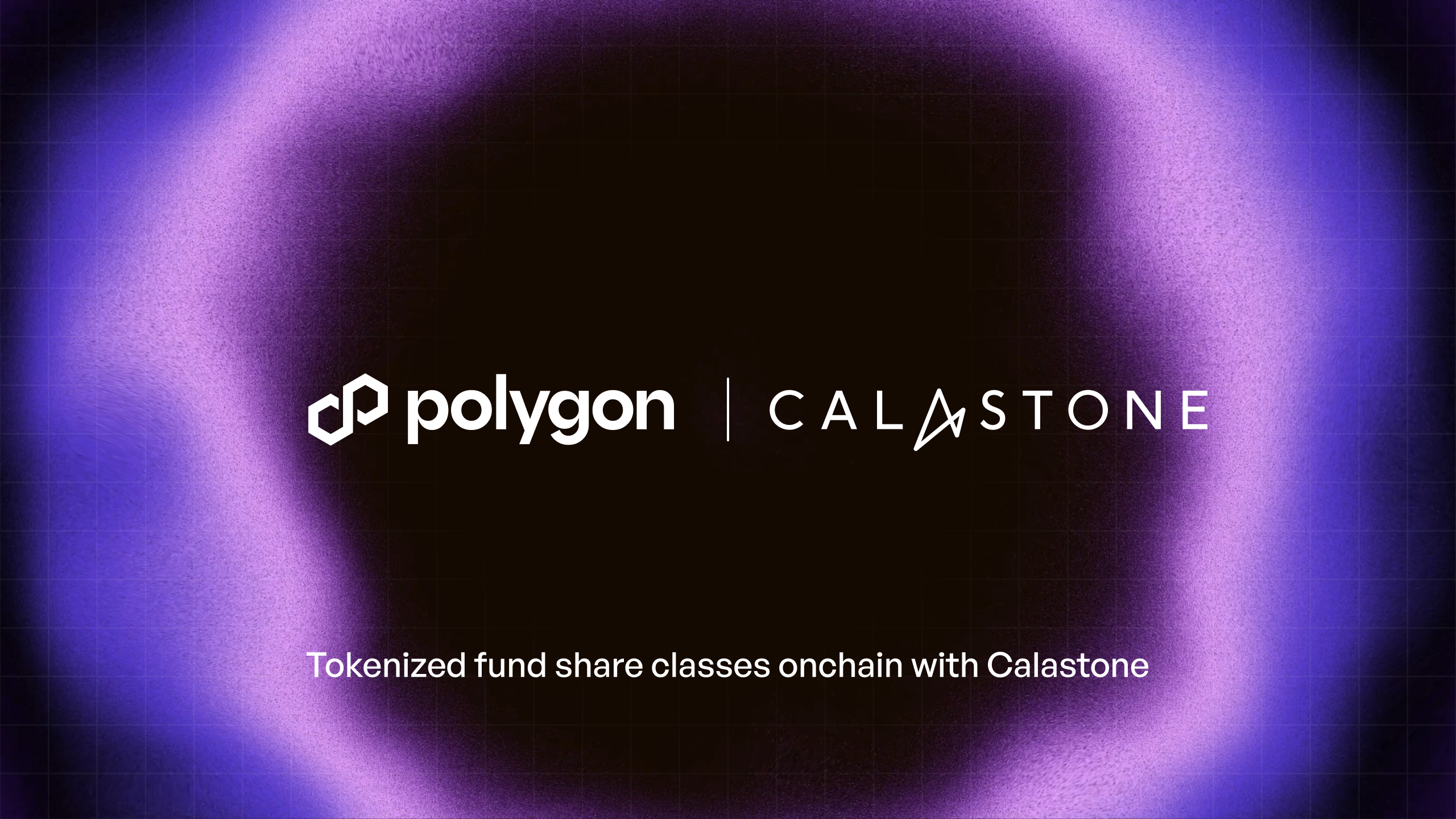
%20(1).png)